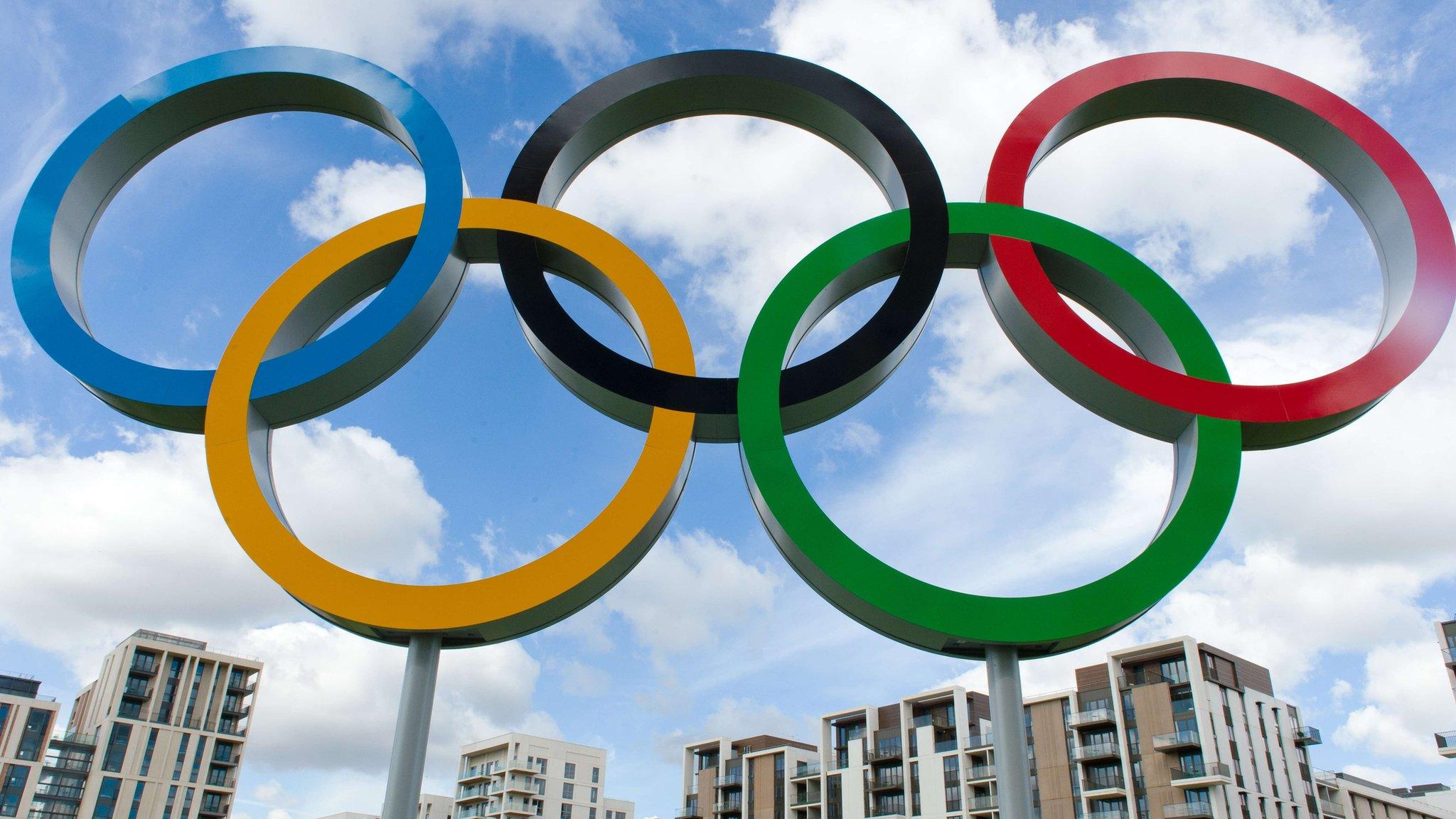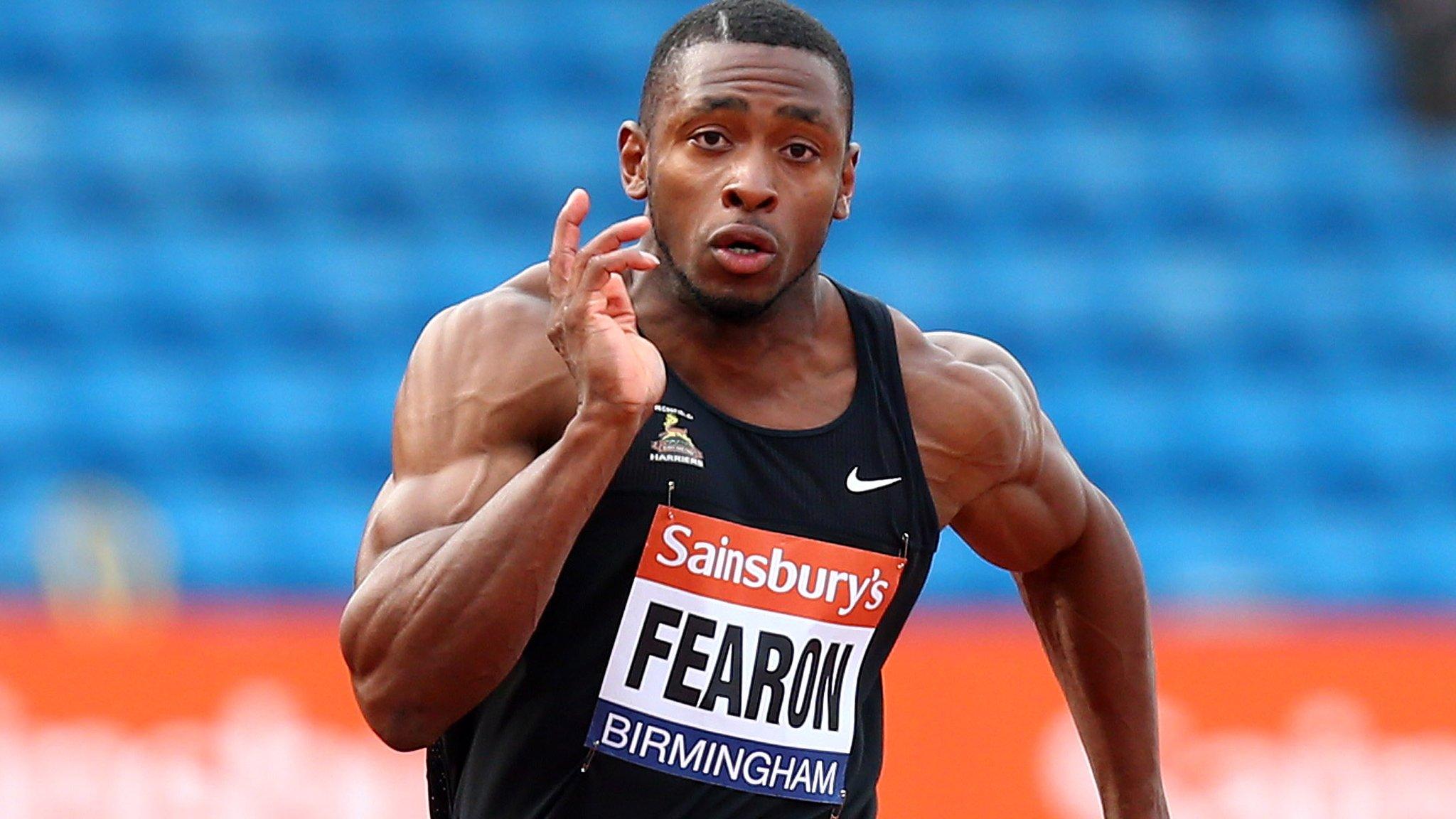Lizzy Yarnold: Olympic skeleton champion may boycott Sochi World Championships
- Published
Lizzy Yarnold may boycott Sochi world championships
Olympic skeleton champion Lizzy Yarnold says she may boycott the 2017 World Championships in Sochi following claims of Russian state-sponsored doping.
The event will take place despite a World Anti-Doping Agency (Wada) commissioned report, which made the allegations, advising against the country hosting major sporting events.
Yarnold, who won gold in Sochi in 2014, said her sport was "by no means clean".
The Briton, 28, has returned to training after more than a year out.
A second Wada report from Canadian law professor and sports lawyer Dr Richard McLaren is due next month and is expected to clarify concerns about doping, specifically at the 2014 Winter Olympics.
"We've had these McLaren reports which have lots of allegations and I just hope that if people can be convicted of doping they should serve their time," Yarnold said.
"It's very important to me to compete in sport for the right reasons, to have sportsmanship and to be clean; to stand on the start line and to trust in the system - and at the moment the system just isn't up to it."
Asked whether she would compete in 2017 as it stands, Yarnold said: "At the moment I want to leave it open that I don't know whether I'm going to compete in Sochi."
The British Bobsleigh and Skeleton Association said it "fully supports clean sport" and wants all its athletes to compete on an "equal footing".
"We continue to seek reassurance from our international governing body, the International Bobsleigh and Skeleton Federation (IBSF)," the governing body added in a statement.
"As an organisation, we are in regular dialogue with UK Anti-Doping, the World Anti-Doping Agency and the IBSF and we await the publication of Professor Richard McLaren's second report, which is scheduled for December."
The first McLaren report, which was released in July 2016, stated that the programme in Russia was "planned and operated" from late 2011 - including the build-up to London 2012 - and continued through the Sochi 2014 Winter Olympics until August 2015.
It looked into allegations made by the former head of Russia's national anti-doping laboratory.
Grigory Rodchenkov claimed he doped dozens of athletes before the 2014 Winter Olympics, which were held in Sochi.
But a statement released by the Kremlin criticised the report as "accusations against Russian athletes" based on the the testimony of "a person with a scandalous reputation".
- Published18 July 2016

- Published31 October 2016
